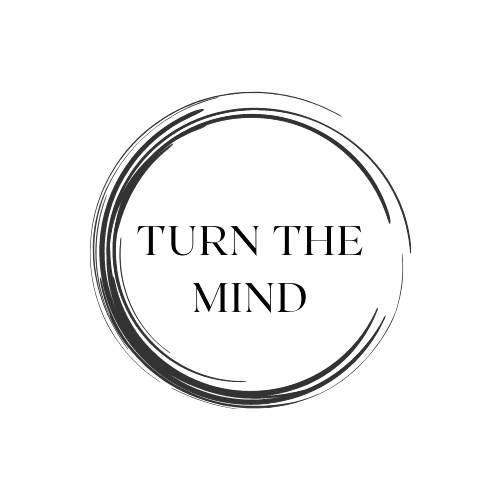Dialectical Behavior Therapy
for Adolescents and Adults
Therapy in NJ, NY and PSYPACT States
What is DBT?
Dialectical Behavior Therapy (DBT) is a type of therapy that is designed to help people who struggle with intense and unstable emotions, impulsive behavior, difficulty maintaining healthy relationships, suicidality, and self-harm. It involves both group work and individual work.
DBT is a highly structured and skills-based therapy that combines elements of cognitive-behavioral therapy with mindfulness practices. Our DBT program has personalized attention, small groups, and out-of-session coaching.
ADHERENT DBT is the therapy proven to reduce hospitalizations, the need for a higher level of care, and reduce suicidality and depression. We are one of the few truly adherent programs and offer this evidence-based treatment as a complete program.
What are the benefits of DBT?
Improved Emotional Regulation: DBT is designed to help individuals learn how to regulate their emotions more effectively. This can be particularly beneficial for those who struggle with intense emotions such as anger, anxiety, or depression. Through mindfulness practices, individuals learn how to identify and manage their emotions, which can lead to more stable and healthy emotional states.
Improved Distress Tolerance Skills. Distress Tolerance skills can be highly effective in helping suicidal and self-harming individuals manage their emotions in a healthy way. By learning to tolerate difficult emotions without engaging in self-destructive behaviors, individuals can develop a greater sense of control and stability in their lives.
Better Interpersonal Relationships: DBT focuses on teaching individuals how to improve their communication skills and build healthier relationships. This can be especially helpful for those who struggle with interpersonal conflict or have difficulty maintaining relationships with others. By learning how to communicate more effectively and build healthy boundaries, individuals can improve their relationships and reduce conflict.
Increased Self-Awareness: DBT emphasizes the importance of mindfulness and self-reflection. By practicing mindfulness, individuals can learn how to become more aware of their thoughts, feelings, and behaviors, which can help them identify patterns of behavior that may be contributing to their emotional distress. This increased self-awareness can lead to more effective coping strategies and improved mental health.
Reduce Suicidality and Self-Harm. DBT offers a comprehensive approach to reducing suicidality and self-harm. By teaching effective emotion regulation, distress tolerance, and relationship-building skills, individuals can learn to manage their emotions in a healthy way and build a life worth living.
What is an "Adherent Program"?
Clinician training -- Formal training in DBT. Foundational training, a minimum of 40 hours of training, is the baseline level required for adherent DBT. Certification is the highest level of training and Dr. Richardson is DBT Certified by and on the Board of DBT-LBC.
Weekly DBT skills group - Groups last 1.5 to 2 hours. Group Schedule: Adults Tuesdays at 5 pm (virtual), Adolescents Mondays at 6:30 pm in-person, virtual group options.
Individual therapy with an intensively trained therapist at least 1x per week.
Consultation team - A team of therapists that meet weekly to consult on improving the delivery of the treatment
Skills Coaching - Offers skills coaching via phone/text for free.


